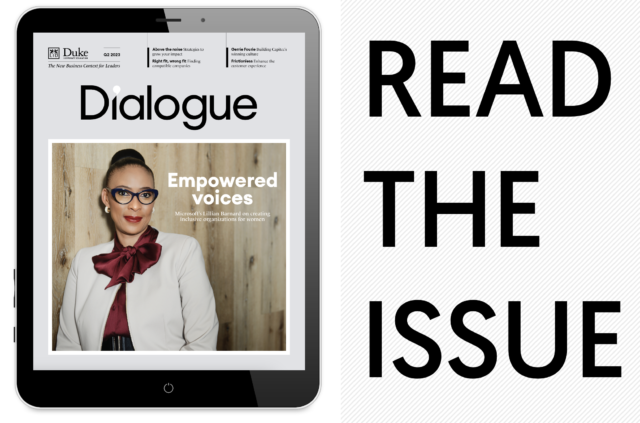In January 2023, New Zealand’s prime minister Jacinda Ardern resigned from office. She had become the world’s youngest head of government, aged just 37, when she came to power in 2017 – and one of its best-known female leaders. She led her country for over five years, a period that included several crises – a terrorist shooting in Christchurch, a lethal volcanic eruption, and of course the Covid-19 pandemic, charting a path for New Zealand that preserved a level of normality in daily life unlike anything experienced in many other countries.
What she also did over that period was provide a new role model for female leadership. With few other women visible on the world stage, she was clearly different. She wanted to be remembered, she said, “as someone who always tried to be kind.” What male political leader could have found such words, or defined such a goal? And she shook up preconceived notions of leadership when she took six weeks’ maternity leave after the birth of her daughter in 2018.
Some critics seemed to struggle with those points of difference. She regularly faced questions with sexist overtones, as in November 2022, when she and Finnish prime minister Sanna Marin were asked by a journalist if they had met because they shared a similar demographic. No, Ardern had to reply: just because two women in politics meet, they are not meeting because they are women.
Does the business world differ that much from the political world? As in politics, women at the top are rare. Women account for just 37 chief executives among the S&P 500 and eight of the UK’s FTSE 100. Yet only a complete pessimist could deny that significant change is under way. Many businesses are investing hugely in building more inclusive cultures. Progress over recent years has been real – but the job is clearly incomplete. The question now is: what next?
The answers lie in this issue of Dialogue. Duke CE’s Sharmla Chetty explains why the priority, now more than ever, is to empower women’s voices. There is power in a pack, she writes: when women speak together, the call for change is irresistible. That analysis could almost serve as a template for our stunning cover interview with Lillian Barnard of Microsoft South Africa. She relates how a young girl from that country’s North West province rose to the most senior levels of a global tech giant – and how she sees her role in championing other women and creating a more inclusive tech sector.
Christine Brown-Quinn, meanwhile, explains techniques to help leaders find their voices, while Susan Colantuono offers guidance to help accelerate women’s career progression (many men will find value in their insights, too.) Barbara Banda lays out how old tropes continue to warp perceptions of black women, even today, while Joy Burnford urges organizations not to overlook the needs of women in midlife.
Elsewhere, André Martin examines the contemporary crisis of employee engagement and retention. His conclusion? It might not always be down to ‘bad’ corporate cultures – so much as a chronic problem of misalignment between organizations and individuals. Discover how you might be able to find ‘right fit’. Keep going to read Camelia Ram on ways to get closer to work you love, and Bill Treasurer on rediscovering the joy of leadership. And be sure not to miss our interview with Capitec chief executive Gerrie Fourie for insights on building a nimble and entrepreneurial culture to sustain a fast-growing business.
Enjoy the issue.

